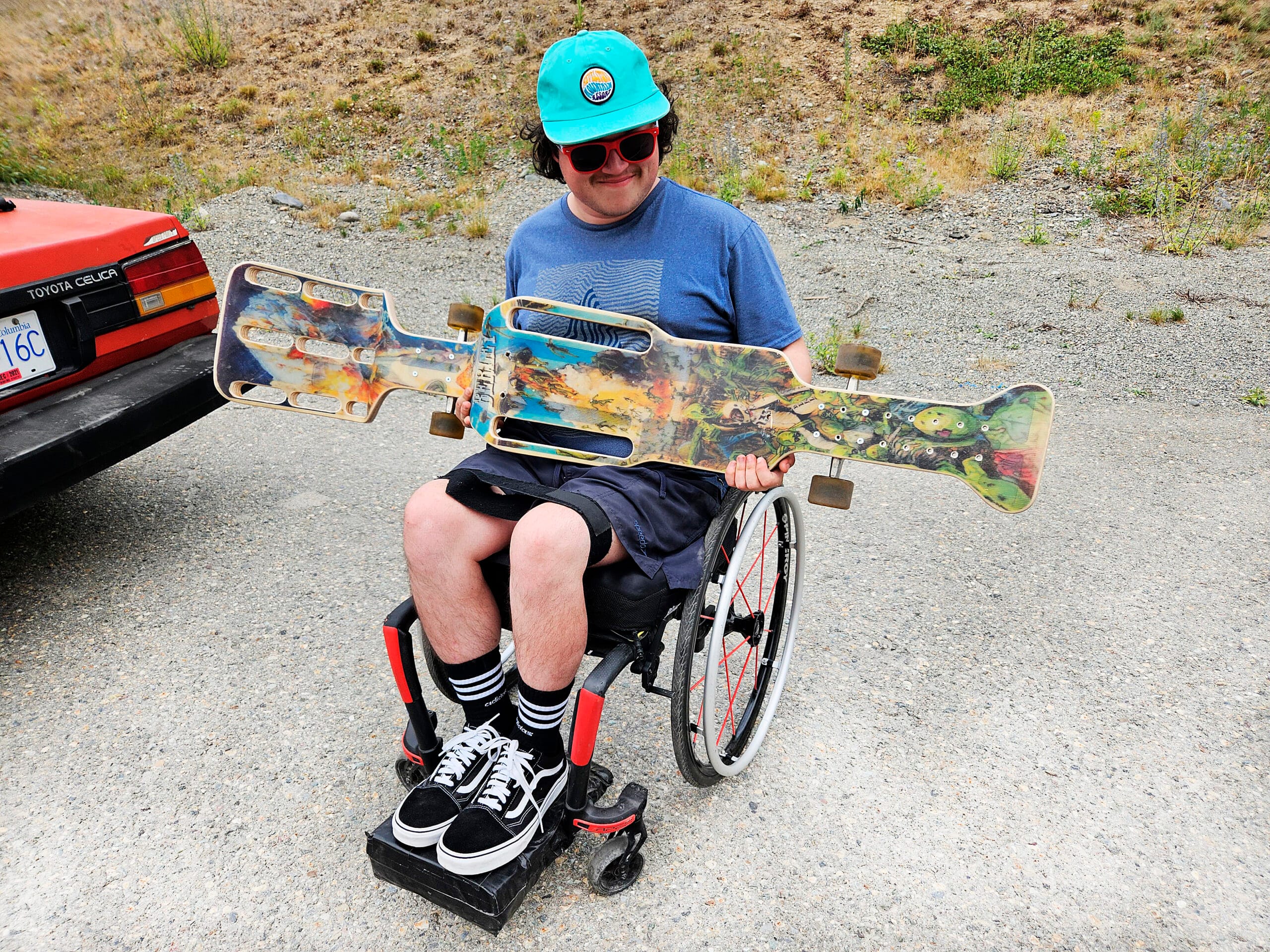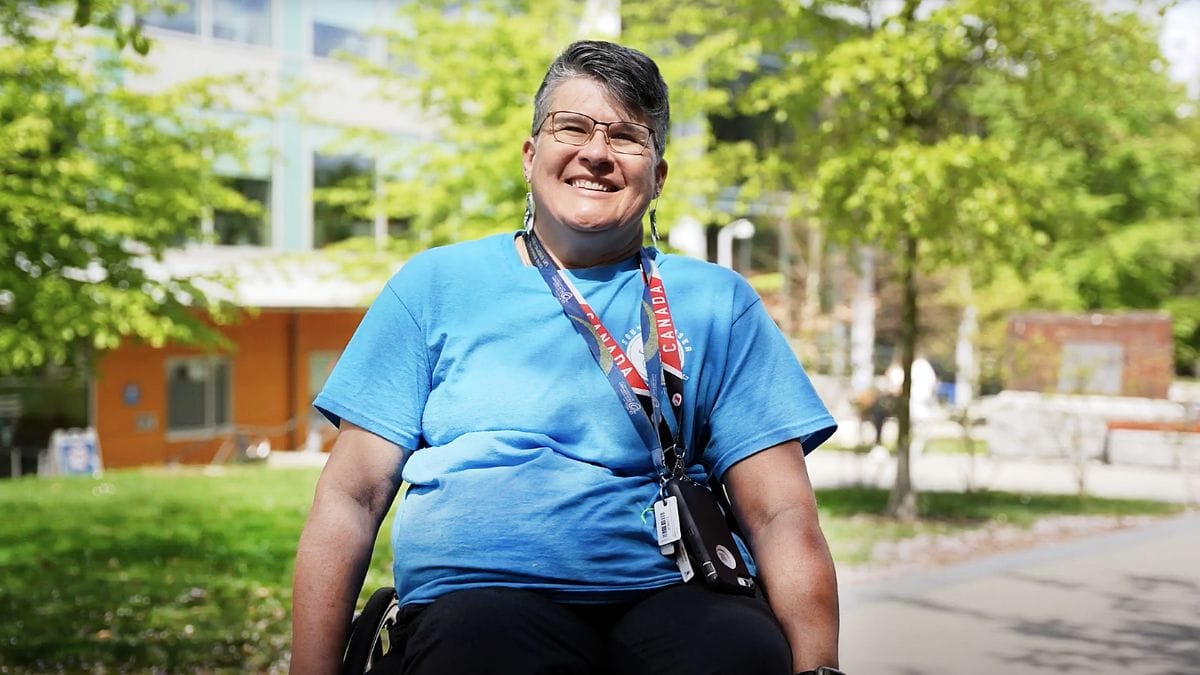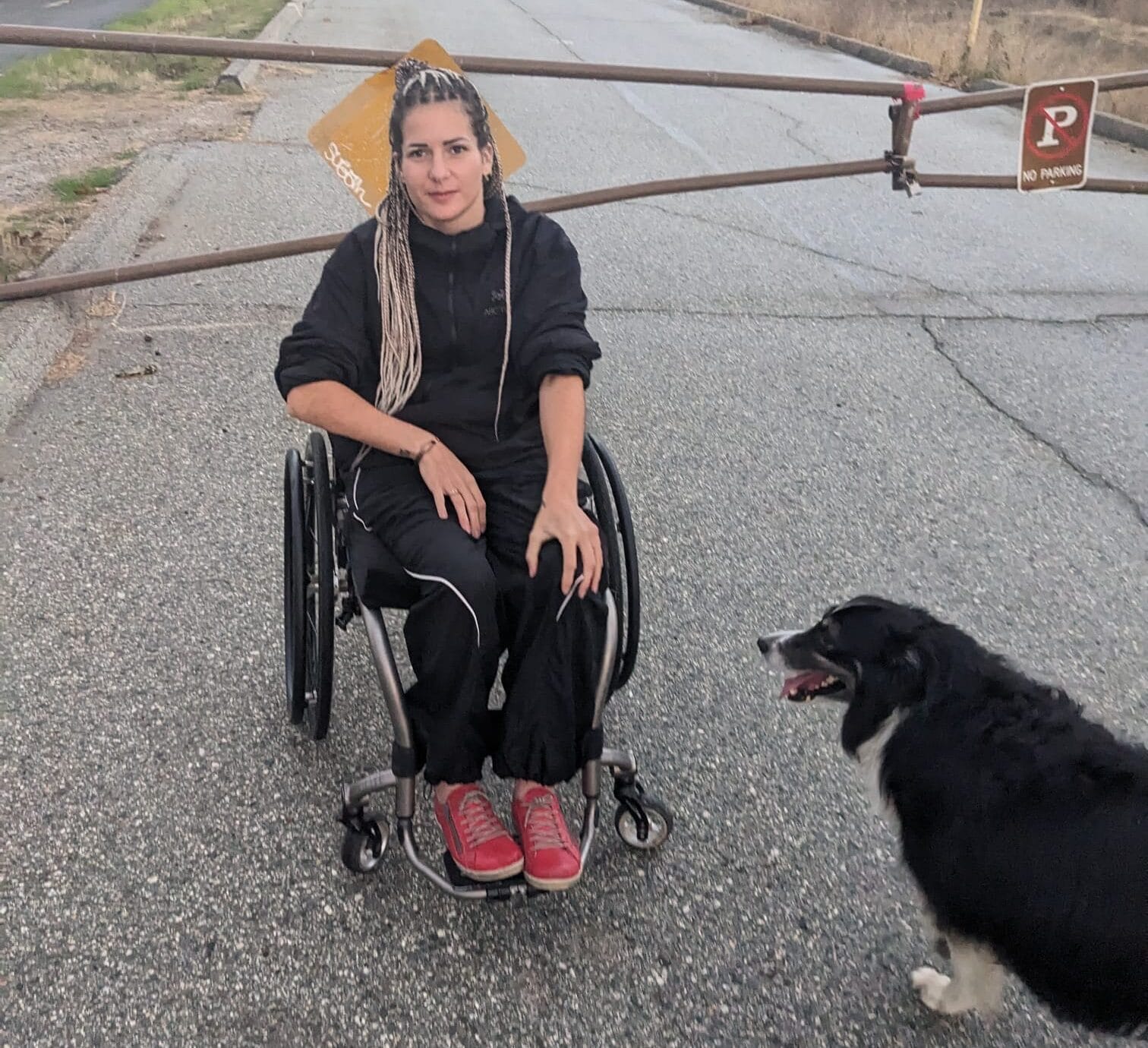With major snowstorms and floods just barely behind us, and wildfires continuing to flare up around British Columbia, many people with disabilities are finding their emergency readiness tested like never before. Here’s what you can do to help.

Growing up in Canada I’ve always felt quite safe and insulated from the extreme situations I saw happening in other parts of the world. However, between snowstorms, flooding and forest fires I’ve come to realise that we’re not immune to catastrophes happening at home. We’ve all seen the news this summer and after hearing our province declare a state of emergency, you may also be asking yourself:
What can I do?
Spare some change
Donate money to the Red Cross or United Way. Although it may be tempting to dig through your closet and pantry, the logistics of dealing with masses of miscellaneous donated items can actually be a hindrance to emergency coordinators. An added benefit of donating money to these organizations is that they can provide community support programs people will be able to access after the state of emergency. Unfortunately the impact of an emergency situation such as the recent BC forest fires and evacuations will be felt long after the initial crisis. Essential needs such as food and shelter will continue for many displaced residents well past the time it makes headline news.
Keep your junk
If there is a call for donations, only provide the items requested or, if there isn’t a list, try to think of what you would need in that situation. Perhaps the 5000 piece puzzle and your old blender aren’t the most useful items to give at this time! Be practical.
Roll up your sleeves
Register to volunteer at an emergency reception centre. If you live in an area where emergency services are being provided, there are so many roles that everyone can find a place their abilities and skill set can be put to good use.
Reach out
Connect with people you may know that live in the affected area, even if they aren’t close personal friends. Ask them directly if there’s anything they need and how you can help. Be okay if they don’t take you up on the offer. Ask if it’s alright for you to touch base with them again in a week or two. Remember circumstances can change significantly in a short time during a crisis.

Open your doors
If you have space available in your home and are able to provide lodging to evacuees, contact the emergency reception centre to add your name on the housing list. Ensure you let them know that your house is accessible! Provide specific details on the accessibility features in your house (i.e. level entry, wheel-in shower etc) so someone can easily determine if the accommodations are suitable for their needs. There is such a shortage of accessible housing and hotels, and for many Peers spending the night on a military style cot is a terrifying and potentially harmful experience.
Stop the gossip
Check only official sites and legitimate news sources for updated information on the current emergency situation. Local municipalities, regional districts and provincial governments will provide accurate information to the public as soon as it is confirmed. Although your Facebook and Twitter feeds are probably alight with breaking ‘news’, it’s best not to share anything until you can verify with an official source. It’s crucial that we not perpetuate the spread of misinformation as it can be difficult enough to navigate the protocols in place for people to access assistance.
Be prepared
This sounds so obvious but after receiving a call from a Peer who suddenly found themselves displaced and panicking slightly as they didn’t have enough supplies and medications, I realised just how ill equipped I’d be if we were suddenly evacuated! It’s every citizen’s responsibility to be reasonably prepared. Unfortunately in an emergency not every need can be met, so take some time to consider what would be vital for you and make a plan. Here are a few tips to get you started:
- Don’t let your prescriptions completely run out (I’m totally guilty of this!)
- Replenish essential supplies, such as catheters, regularly
- Know exactly where identification and important documents are stored. Stow them somewhere secure but relatively accessible
- Have small amount of cash available—much easier said than done but anything is better than nothing
- Create a list of essential equipment you require (i.e. power chair charger, bath seat, etc).
It can be difficult to think of everything when you’re stressed - Make an emergency plan with family members, friends or neighbours nearby who can assist you to pack up quickly if needed
- Contact your local fire department so they are aware a person with a disability lives at the house and may require assistance to evacuate in an emergency
- Keep small amount of bottled water and non-perishable food items on hand
- For those that drive, fill up your gas tank regularly
Check our guides for lists of other essential items to include in your emergency kit and ways to be prepared:
- Emergency Essentials for People with Disabilities
- Emergency Preparedness 101
- Okanagan Flooding: Be Prepared
Just breathe
Remember, this too shall pass… Try to take time to keep things in perspective. Whether it’s happening to you or someone you know, times like this can be very stressful. The last thing you need is to get sick because you’ve put so much strain on your body!



